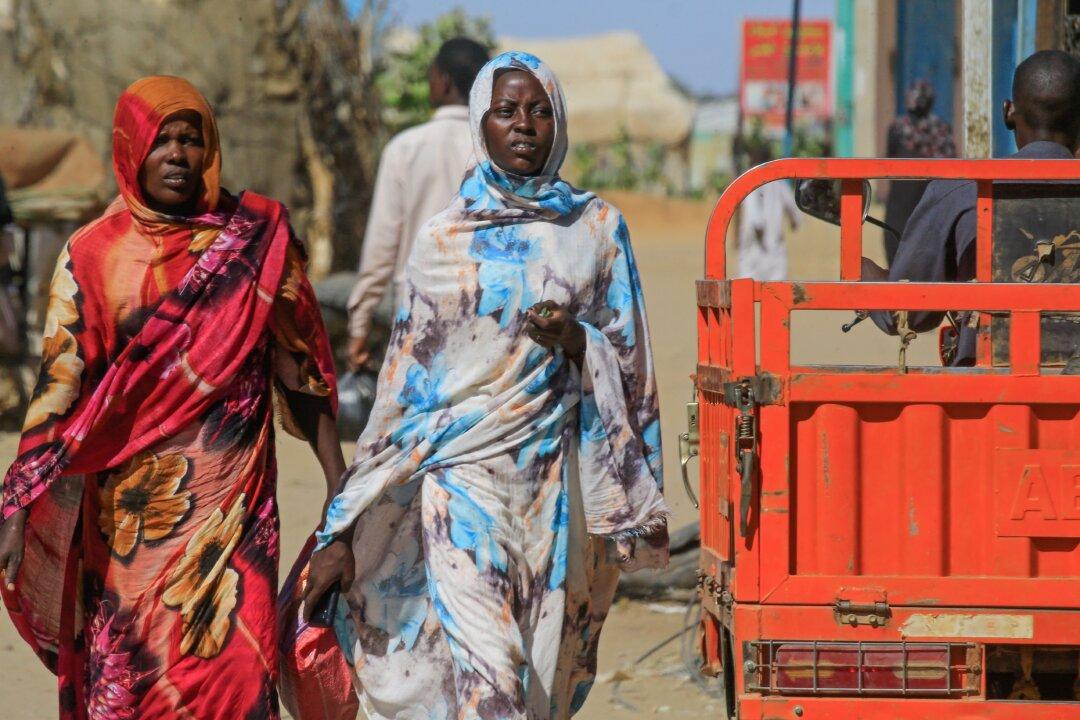Sudan’s new transitional government has officially criminalized female genital mutilation (FGM) in a landmark move for the country and a sign of its commitment toward improving the rights of women and girls following the ousting of its president, Omar al-Bashir, last year.
The sovereign council and the council of ministers in Sudan approved an amendment to Sudan’s Criminal Law Article 141 on April 22. The procedure is defined as mutilating “the female genitalia by cutting, mutilating, or modifying any natural part of it leading to the full or partial loss of its functions.”




